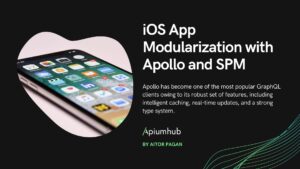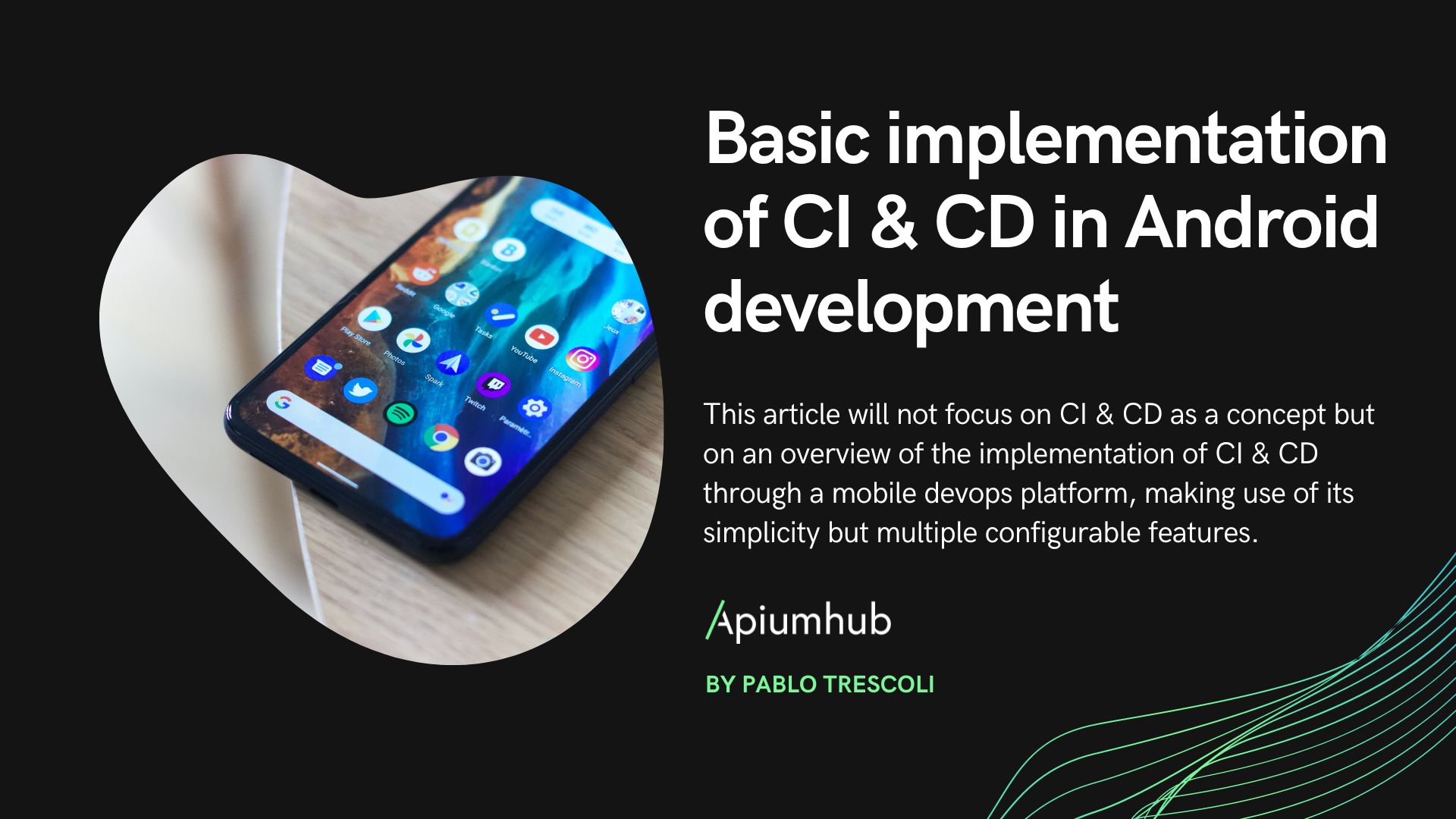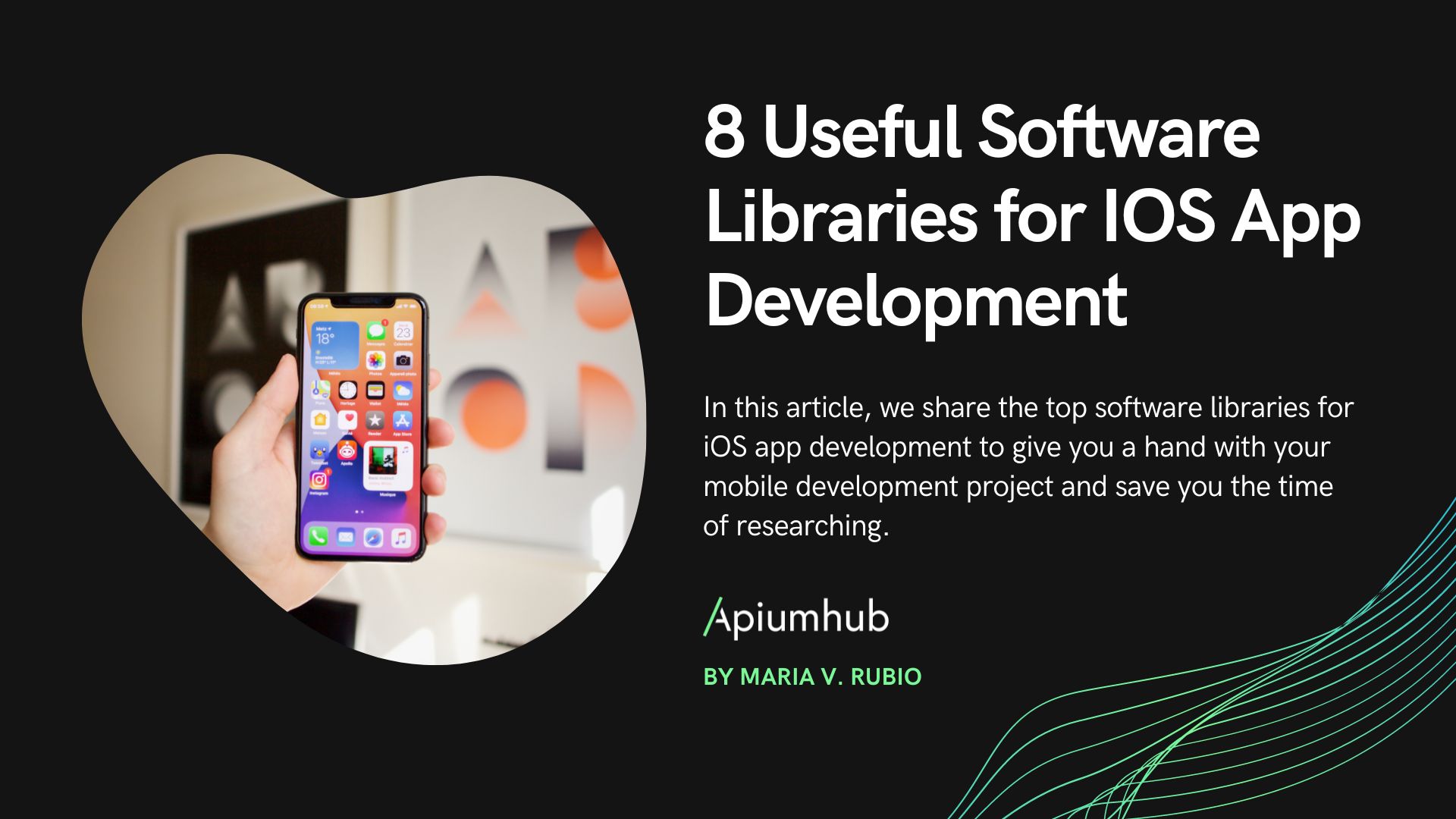Table of Contents
Thinking about starting your own Android app development project? To offer successful Android App Development Services, it is crucial to take into consideration best practices. The implementation of best practices can lead to better app performance, scalability, security, compatibility, and quality assurance, all of which can help ensure a successful app that meets the needs of users. In this article, we are going to go through some of the best practices you should implement to offer the best Android app development services.
Best Practices for Android App Development Services
Keep code clean
Keeping code clean is an essential part of Android development because it ensures that the code is organized, easy to read, and maintainable. By keeping the code clean, developers can reduce the risk of introducing bugs, improve code readability, and increase productivity.
Well-structured and well-organized code also makes it easier to troubleshoot and debug problems, reducing the time required to identify and fix issues. Clean code also facilitates collaboration among developers since it is easier for other developers to understand and work with the code.
Here are some tips you could use to keep your code clean:
– Remove all code that does not contribute to any functions
– Use descriptive names for variables
– Keep functions short, with less than 3 parameters
– Use descriptions to add comments and explain details
– Use proper indentation
– Be consistent
Code testing
Identifying and fixing issues early in the development process can save time and resources in the long run. Testing can help catch issues before they become bigger problems that require more time and effort to fix.
Also, app stores like Google Play have specific requirements for app quality and performance. Testing can help ensure that the app meets these requirements and is approved for release in the app store.
In summary, testing in Android development is crucial to ensure app quality, prevent crashes, save development time and resources, and improve user satisfaction.
Secure sensitive data
Securing sensitive data in Android app development is crucial for multiple reasons. Apps may need to collect and store sensitive data such as personal information, credit card numbers, or passwords. This data needs to be protected to prevent data breaches, unauthorized access, or identity theft.
Insecure data storage can leave an app vulnerable to attacks such as data interception, injection, and modification. Attackers can intercept data during transmission, modify data stored on the device, or inject malicious code into an app.
Also, there are official regulations such as GDPR (General Data Protection Regulation) in the EU, that mandate the protection of personal data and require that data be processed and stored securely. Not to mention, users feel safer when they know their data is being secured properly, and this also contributes to the success of an app.
App Modularization
Android app modularization consists of breaking down your app into small, independent modules. By doing this, you can improve the organization of your code, making it easier to maintain and update your app over time.
This approach can also lead to improved build times, as you only need to build the modules that have changed. Additionally, modularization can help you create reusable code that can be utilized in other parts of your app or even in other projects. This can save time and effort when building new features and functionality.
App modularization can also make testing your app easier by allowing you to test each module in isolation, which can lead to quicker identification and resolution of issues. If you are interested in learning more about Android app modularization, we have an article in our blog with tips and tricks.
Use Jetpack Compose
Jetpack Compose is a UI toolkit for Android app development that is useful to simplify and accelerate UI development. With Jetpack Compose, developers can describe the layout and appearance of their app using a simple, intuitive syntax, which can result in faster, more efficient development. It also allows developers to create high-quality, appealing apps with code that is easier to understand and maintain.
Dependency injection
Dependency injection is a design pattern used in Android app development that allows developers to decouple the creation and management of objects from the classes that use them. With dependency injection, objects are passed into a class or method as dependencies, rather than being created within the class or method itself. This can make the code more modular, flexible, and maintainable.
There are several frameworks and libraries available for implementing dependency injection in Android development, for example, Dagger, Koin, and Hilt. These tools provide a convenient way to manage dependencies and simplify the implementation of the pattern in an Android app.
CI/CD
CI/CD stands for continuous integration and continuous delivery or deployment. This is a practice that involves automating the building, testing, and deployment of an app. In Android app development, CI/CD can help developers streamline their workflow, reduce errors, and deliver high-quality apps faster and more efficiently.
There are several benefits to using CI/CD in your Android app development services. Among them, it helps avoid errors and bugs in the code, improves the quality and reliability of the app, and also reduces the time and effort required for testing.
We suggest you read our article Basic Implementation of CI and CD in Android app development to learn more about this practice.
Keep up with updates
Last but not least, it is crucial to always stay up-to-date with Android app updates. As new devices and Android versions are released, older apps may become incompatible, resulting in crashes. Keeping up with updates ensures that an app remains compatible with the latest devices and operating system versions.
Also, these updates often introduce new features, improvements, and bug fixes that can enhance the user experience. By considering these updates, developers can provide users with a better and more optimized experience that will likely result in increased user engagement and retention.

Conclusion
Following the best practices mentioned above is key to developing an Android app with good performance. These best practices not only help differentiate your app from your competitors, but also provide a consistent and enjoyable user experience across different devices that vary in terms of hardware, operating systems, or screen sizes.
Keep in mind that users are likely to abandon apps that are slow, buggy, or unresponsive, and this can lead to negative reviews and lower app ratings. A fast and responsive app that’s optimized, on the other hand, can enhance the user experience and increase user engagement and retention.
Apiumhub´s Android App Development Services
At Apiumhub, we help technical teams deliver robust, scalable, and better-performing working software on time by improving their estimation, development, QA, automation, and delivery practices. We offer our clients Android app development services.
We develop native Android apps paying special attention to software architecture, scalability, and best practices. Our expert team of Android developers has deep and extensive expertise with all the languages, tools, and frameworks needed to build a reliable and intuitive app using the latest technology.
If you are interested in taking off your Android app development project or evolving it, don’t hesitate to reach out to us. We will be happy to help you to make it a success by applying the best practices mentioned above.












